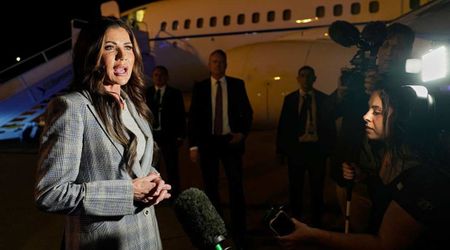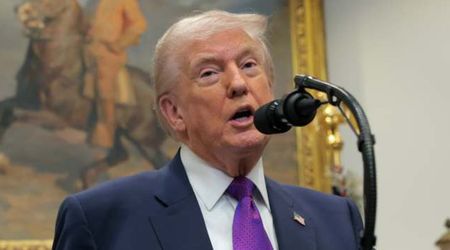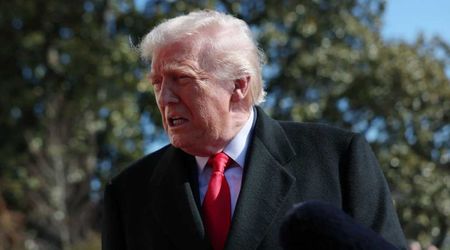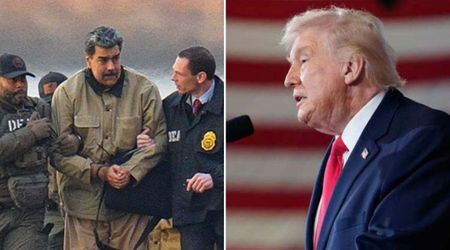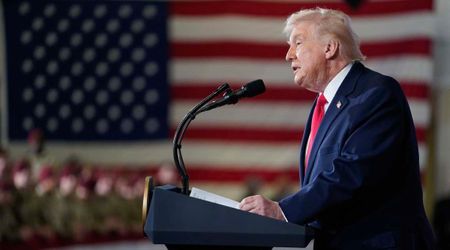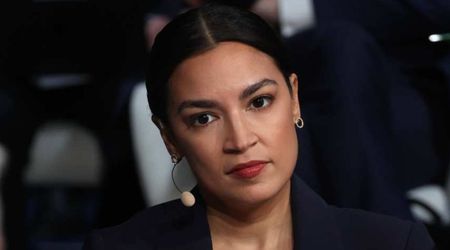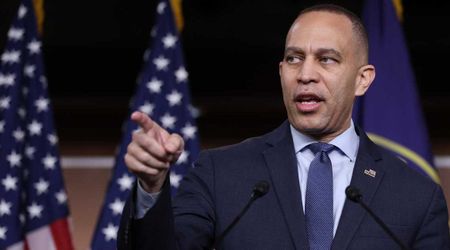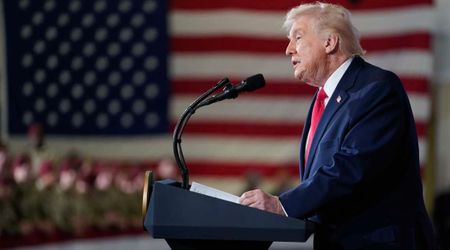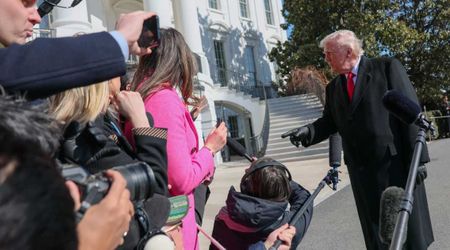Donald Trump's 'alpha traits' could be challenged at hush money trial but he won't want to leave a 'defeated' image, says expert
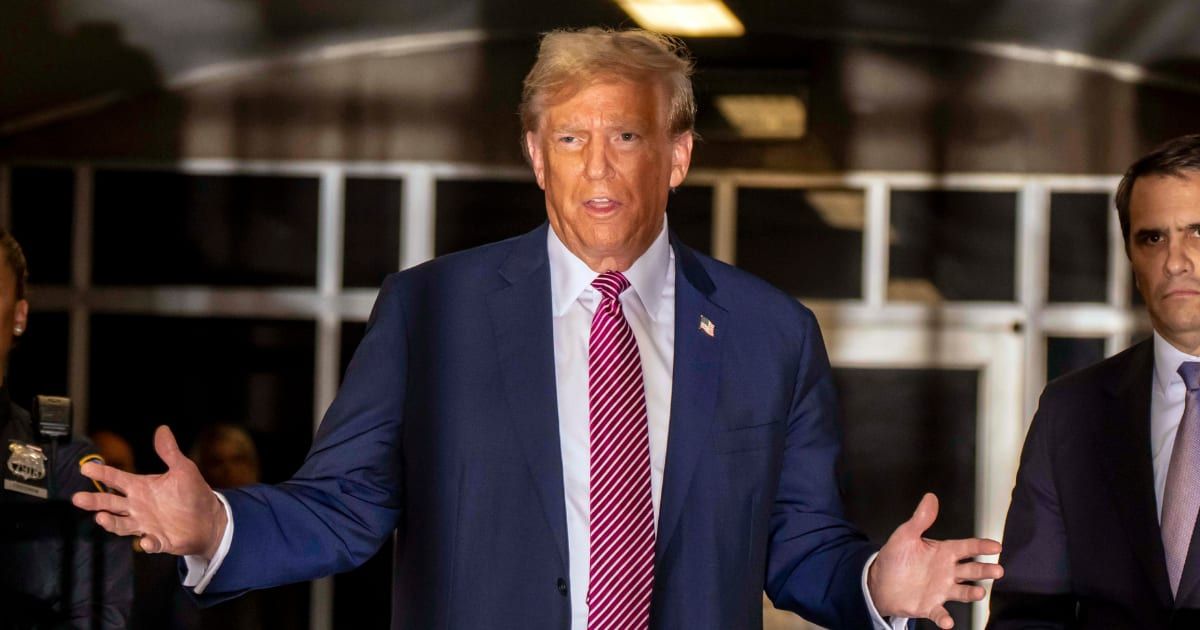
NEW YORK CITY, NEW YORK: In the heart of New York City, the courtroom drama surrounding former President Donald Trump's hush money trial has commenced, igniting a spectacle of legal showdowns and strategic posturing.
As both the prosecution and defense presented their opening statements on Monday, April 22, all eyes were on Trump, who sat stoically at the defense table, facing the lenses of the press pool.
Trump's pre-court demeanor
The trial, long-awaited and preceded by a contentious jury selection process marred by social media scrutiny and bias allegations, marks a critical juncture in the legal saga surrounding Trump's alleged payments to adult film star Stormy Daniels to silence her about an alleged affair during his 2016 presidential campaign.
Trump, known for his unabashed demeanor and confrontational style, showed no signs of backing down as he entered the Manhattan courtroom. Despite claims of the trial being a "witch hunt" and lamenting his absence from campaign trails, Trump maintained a defiant stance, a characteristic echoed by body language expert Judi James.

James noted that while Trump's "alpha traits and behaviors" might face challenges in the courtroom environment, the former president appeared resolute in avoiding any display of weakness or fear.
"Trump's competitively alpha traits and behaviors could have been challenged to their core in a courtroom setting here," she explained to the Daily Mirror. "With a camera encircling him he might have adopted the lowered-eyes pose that many celebs use in similar circumstances to provide a cut-off shutting away of the action around him."
"But Trump takes the camera on with a baleful stare here, presumably keen to show not one flicker or fear or weakness. His shoulders are hunched and his hands clasped on the desk in front, at one point with one hand holding the other down as though keen to remind himself to keep his thoughts to himself for a change," James continued.
"This body language means there is no visual loss of dignity for the man who would be President again. Looking defeated and cowed would create a lasting mental image for the electorate who tend to not cast votes out of pity," she added.
As Trump entered the courtroom, he complained to the press, "I'm here instead of being able to be in Pennsylvania and Georgia and lots of other places campaigning and it's very unfair." He said the proceedings against him were part of a political "witch hunt" and a "shame" meant to hinder his campaign.
In a symbolic gesture outside Trump Tower, Trump raised his fist in acknowledgment of onlookers, though James observed a subtle hint of resignation or regret in his demeanor, contrasting with his courtroom facade.
"Any traits of weakness were subtle and confined to his pre-court sightings," the body language expert remarked. "As he stepped out of Trump Towers he raised one fist in a salute to the public but his raised hand looked flaccid and he sucked his lips inward in a gesture of what looked like resignation or regret, as opposed to his stoic lip-clamp in the courtroom."

Prosecution unleashes damning narrative
Inside the courtroom, Manhattan prosecutors wasted no time in delivering a damning narrative of Trump's past, painting him as a co-conspirator in a plot to conceal three sex scandals that threatened his 2016 election victory. As jurors listened intently, Trump occasionally shook his head in apparent disagreement with the prosecution's account.
Trump's defense attorney countered with a straightforward assertion that “President Trump is innocent," pointing to his status as the presumptive Republican nominee and urging jurors to apply their "common sense" in evaluating the case.
The trial's inaugural day culminated in brief testimony from David Pecker, a former tabloid publisher closely associated with Trump, who testified to the practice of "checkbook journalism" employed by supermarket tabloids like The National Enquirer. Prosecutors allege that Pecker facilitated the suppression of damaging stories to protect Trump's political ambitions.
The trial concluded early on Monday in light of the Passover holiday and a juror’s emergency dental appointment, per the New York Times.

